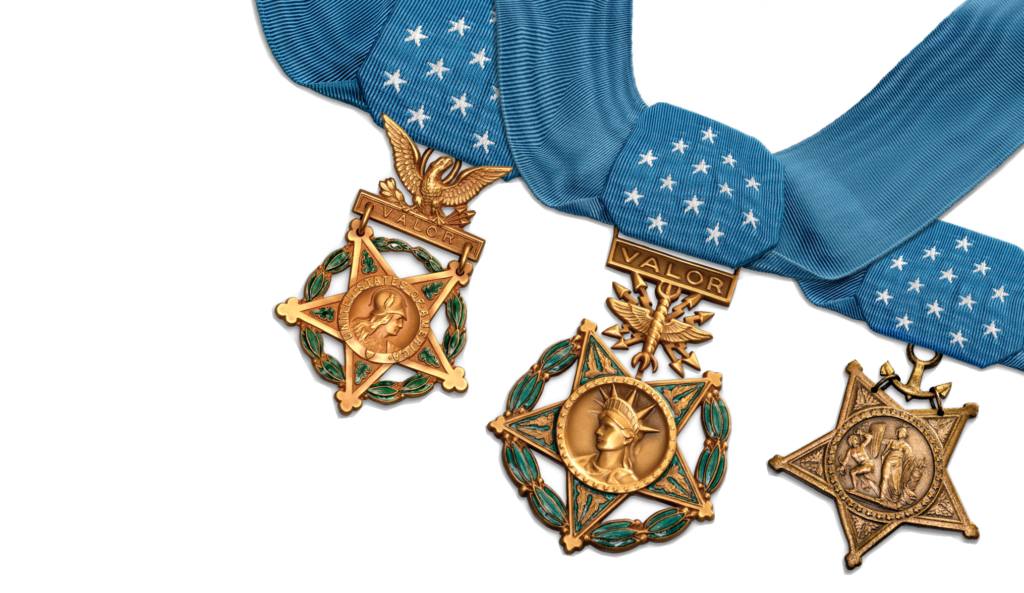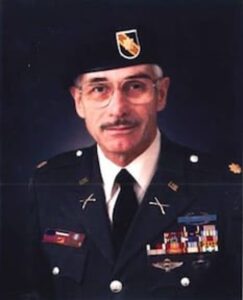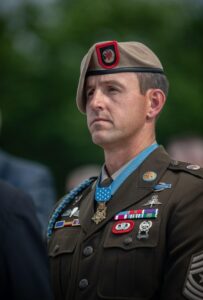An Army Regiment Helps Congress Determine MOH Criteria
Can you imagine having something as precious as the Medal of Honor revoked? Although it sounds inconceivable, this actually happened to 911 service members during a scrutinous review following the Civil War.
But as bad as it sounds, there was also some good that came out of it, as the review process helped Congress—and the Army—set a clear-cut precedent for such a highly valued and coveted award. Specifically, the process helped identify and document the parameters we have today for actions that determine if an action merits the Medal of Honor.
An Urgent Request for Extended Service
As the Civil War continued, the Army faced a problem: enlistment was running out for hundreds of men, especially those from the 27th Maine Infantry Regiment commanded by Colonel Mark F. Wentworth. In 1862, the soldiers had signed up for a nine-month tour of duty; they deployed and made camp around Washington, D.C. and parts of northern Virginia.
By June 1863, the soldiers were looking forward to the end of their term. By mistake, though, the unit received transfer orders to Leesburg, Virginia, to defend the capital from Confederate troops near Gettysburg, Pennsylvania. When the error was discovered, the soldiers were sent home, but many of the Federal Army’s fighting forces had already been ordered north to meet General Robert E. Lee’s troops, “leaving only a skeletal reserve to defend the city,” according to a Task and Purpose article.
With enemy forces so close to the capital, Edwin Stanton, the Secretary of War, asked the 27th Maine to temporarily extend their service. He incentivized soldiers with the promise of a Medal of Honor for every man who stayed past their enlistment contract. This deal enticed 300 service members to stay—even though it was only four extra days. The service members then left the Army following the Battle of Gettysburg, ending their service on July 17, 1863. At the time, everything seemed straightforward: send everyone home, issue 300 Medals, case closed.
Unfortunately, it wasn’t quite that simple. There wasn’t a clear record of which individuals had chosen to extend their contracts. Therefore, by default, the Army issued 864 Medals of Honor—one for every member of the 27th Maine. Wentworth was given the task of delivering the Medals to the correct individuals, and he did his best, despite the soldiers living nationwide. Per Task and Purpose, “many [Medals] remained unclaimed and were allegedly put in a shed before vanishing after [Wentworth’s] death.”
But the story didn’t end there.
A Rigorous Review
In 1916, Congress passed an act that directed the Army to create a board of five retired officers to review past Medal of Honor awards. This was in direct response to the hundreds of Medals mistakenly awarded to the 27th Maine. The board was in a tough position—it had to determine the legitimacy of whether a soldier had conducted “distinguished” service in conflict.
According to The Purge of 1917, “The requirement for a medal recipient … required that recipients be ‘privates,’ ‘non-commissioned officers,’ or ‘officers,’ —positions whose plain meanings were understood. Therefore, absent any other enumerated categories of recipients, it could not be inferred that Congress intended Medals of Honor to be awarded for any other categories of service, including regular Army employees or contractors working with the Army.”
These guidelines supported the board as they met from October 16, 1916, to January 16, 1917, to review all 2,625 Medals that had been awarded up to that point. As a result of the review, the board revoked 911 Medals that didn’t meet the prerequisite criteria. Every member of the 27th Maine who had extended their service—and received a Medal—had their Medal revoked during the board’s review. Some notable names, including Dr. Mary Walker and William “Buffalo Bill” Cody, had their Medals revoked, but these were later reinstated.
Although the review rescinded every Medal from the 27th Maine, it shed much-needed light on murky guidelines and established rules for what constitutes “distinguished” action in conflict. This minor setback helped past leaders design a process to ensure that all future Recipients would have equal footing to measure their achievements in battle—and receive the recognition they deserve.




